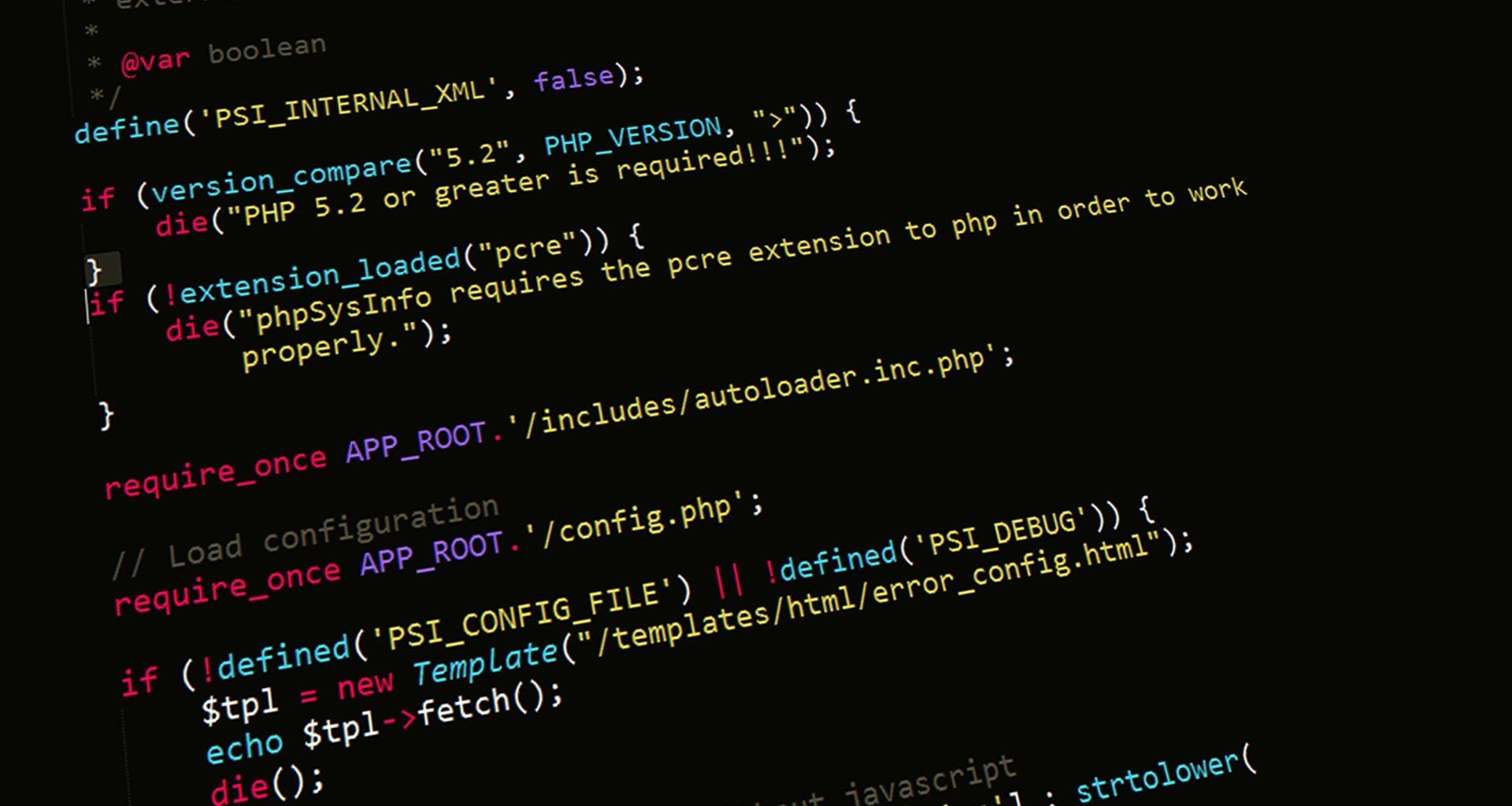Our Lady's Close
Upper Norwood
SE19 3FA
Latin
Subjects
-
New List Item Write a description for this list item and include information that will interest site visitors. For example, you may want to describe a team member's experience, what makes a product special, or a unique service that you offer.
Art -
New List Item Write a description for this list item and include information that will interest site visitors. For example, you may want to describe a team member's experience, what makes a product special, or a unique service that you offer.
Drama -
New List Item Write a description for this list item and include information that will interest site visitors. For example, you may want to describe a team member's experience, what makes a product special, or a unique service that you offer.
English -
New List Item Write a description for this list item and include information that will interest site visitors. For example, you may want to describe a team member's experience, what makes a product special, or a unique service that you offer.
French -
New List Item Write a description for this list item and include information that will interest site visitors. For example, you may want to describe a team member's experience, what makes a product special, or a unique service that you offer.
Geography -
New List Item Write a description for this list item and include information that will interest site visitors. For example, you may want to describe a team member's experience, what makes a product special, or a unique service that you offer.
History -
New List Item Write a description for this list item and include information that will interest site visitors. For example, you may want to describe a team member's experience, what makes a product special, or a unique service that you offer.
ICT & Computer Science -
New List Item Write a description for this list item and include information that will interest site visitors. For example, you may want to describe a team member's experience, what makes a product special, or a unique service that you offer.
Latin -
New List Item Write a description for this list item and include information that will interest site visitors. For example, you may want to describe a team member's experience, what makes a product special, or a unique service that you offer.
Mathematics -
New List Item Write a description for this list item and include information that will interest site visitors. For example, you may want to describe a team member's experience, what makes a product special, or a unique service that you offer.
Music -
New List Item Write a description for this list item and include information that will interest site visitors. For example, you may want to describe a team member's experience, what makes a product special, or a unique service that you offer.
Philosophy -
New List Item Write a description for this list item and include information that will interest site visitors. For example, you may want to describe a team member's experience, what makes a product special, or a unique service that you offer.
Physical Education -
New List Item Write a description for this list item and include information that will interest site visitors. For example, you may want to describe a team member's experience, what makes a product special, or a unique service that you offer.
Religious Education -
New List Item Write a description for this list item and include information that will interest site visitors. For example, you may want to describe a team member's experience, what makes a product special, or a unique service that you offer.
Science -
New List Item Write a description for this list item and include information that will interest site visitors. For example, you may want to describe a team member's experience, what makes a product special, or a unique service that you offer.
Science - KS3 Curriculum -
New List Item Write a description for this list item and include information that will interest site visitors. For example, you may want to describe a team member's experience, what makes a product special, or a unique service that you offer.
Spanish
Latin
In Latin, at every level, pupils are encouraged to develop their linguistic awareness and literacy through the study of the Latin language.
“… it may truly be said that the classical languages are a solid basis for most, and an ornament to all the sciences.” Thomas Jefferson
We aim to promote the girls’ understanding of how much we have inherited from the world of Rome and of the differences and similarities between our two cultures and languages. We hope, as well as producing excellent GCSE results, to stimulate in all our students a lifelong interest in the subject and curiosity about the ancient past and the world we live in.
My Learning at The Laurels
The specification does not require any previous study of a classical subject or knowledge of the Latin language. The topics taught include a study of the Latin language, primary Latin literary works and aspects of Roman civilisation which have been significant in the development of the modern world, aiming to encourage candidates to gain an understanding of Roman society and its values and develop awareness of the continuing influence of the Roman world on later times.
Course Content
KS3
Years 7 to 9
We use the Cambridge Latin Course and in KS3 we aim to cover books I and II. This introduces the students to essential vocabulary, mainly connected with families, houses, towns and domestic life. The students receive a thorough grounding in important grammar points, which supports their study of English and modern foreign languages. They practise their language skills through regular translation and comprehension exercises. We also learn about Roman life.
KS4
Years 10 and 11
GCSE Latin involves the study of Latin Language, great works of Roman Literature in the original language (usually a poem and a prose work), and Roman culture. There is no coursework involved.
Examination Board
- WJEC Eduqas GCSE (9-1) specification:
- * Component 1: Latin Language (50% of the final mark)
- * Component 2: Latin Literature and Sources (30% of the final mark)
- * Component 3b: Roman Civilisation (20% of the final mark)
Clubs and Enrichment
- Visits to museums and sites of interest:
- The British Museum
- The Museum of London
- Fishbourne Palace
- Lullingstone Villa
Get more information
Thank you!
Please try again later.
CONTACT US
020 8674 7229
admissions@thelaurelsschool.org.uk
5 Our Lady's Close,
Upper Norwood, SE19 3FA
ABOUT
ACADEMICS


All Rights Reserved | The Laurels |
Web design by www.beardfish.co




